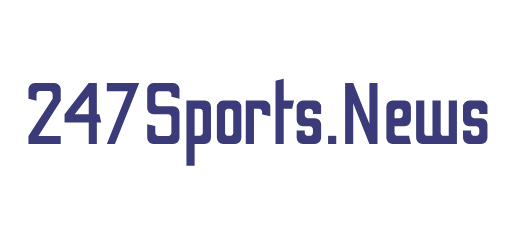The Shadow Over Sports: Will Forced Labor Ever Fade?
The recent accusations against Decathlon, a global sporting goods giant, for potential ties to forced labor in China have sent shockwaves through the sports industry. This isn’t an isolated case.
A Growing Global Concern
Forced labor is a dark stain on the global supply chain, and the sporting goods industry is no exception. From cotton fields to manufacturing plants, reports of workers facing abuse, exploitation, and lack of fair wages continue to surface.
The intersection of sports and social responsibility is becoming increasingly complex. Consumers are demanding transparency and ethical sourcing practices, putting pressure on brands to navigate a minefield of ethical considerations.
The Cost of Inaction
Turning a blind eye to forced labor carries severe consequences that extend beyond economic losses. It erodes trust, damages brand reputation, and perpetuates a cycle of human rights abuses.
Companies found complicit in these practices face legal repercussions, boycotts, and reputational damage. The NBA’s quick response to the Decathlon allegations highlights the growing awareness and the need for proactive action to address this complex issue.
The Road Ahead: Towards Ethical Sourcing
The sporting goods industry is at a crossroads. The path forward requires a multi-pronged approach involving:
Strengthening Due Diligence
Companies must conduct thorough due diligence across their supply chain, verifying the working conditions and ethical practices at every stage of production. This includes:
- On-site audits of suppliers
- Third-party certification programs
- Robust supplier codes of conduct
Promoting Transparency
Consumers have a right to know where their products come from and how they are made. Implementing transparent sourcing practices, including traceability systems and public reporting on supply chain practices, builds trust and accountability.
Empowering Workers
Ensuring workers’ rights and providing fair wages and safe working conditions is paramount. Companies should prioritize worker empowerment by:
- Supporting fair labor unions
- Providing access to grievance mechanisms
- Investing in worker training and development
Collaboration and Industry Standards
Collective action is essential to tackle this global challenge. Collaboration between brands, suppliers, NGOs, and governments to develop and enforce industry-wide standards for ethical sourcing is crucial.
What Can You Do?
As consumers, we have the power to drive change. By:
- Supporting brands committed to ethical sourcing
- Asking questions about product origin and labor practices
- Advocating for stronger regulations and policies
We can collectively work towards a future where sports are enjoyed not at the expense of human rights.
Did You Know?
The Uyghur Human Rights Policy Act, passed by the US Congress in 2020, aims to ban imports from China’s Xinjiang province unless it can be proven that they are not produced with forced labor.
Pro Tip:
Look for certifications like Fair Trade, B Corp, and SA8000 when purchasing sporting goods to ensure they meet ethical labor standards.
Frequently Asked Questions
What is forced labor?
Forced labor refers to situations where individuals are compelled to work against their will, often under threat of violence, penalty, coercion, or deception.
Which sports are most affected by forced labor?
Many sports are impacted, including those with global supply chains for apparel, footwear, and equipment like basketball, soccer, tennis, and cycling.
What are some signs of forced labor in the supply chain?
Signs include unusually low wages, worker confinement, excessive overtime, and lack of freedom of movement.
What’s Your Take?
Share your thoughts on the role of sports brands in combating forced labor in the comments below.

